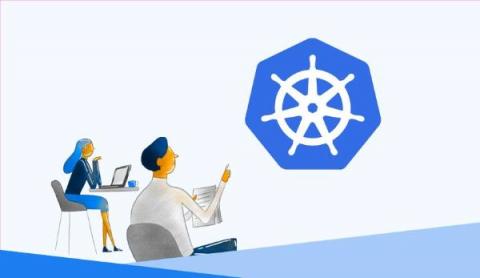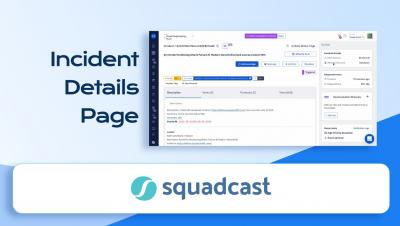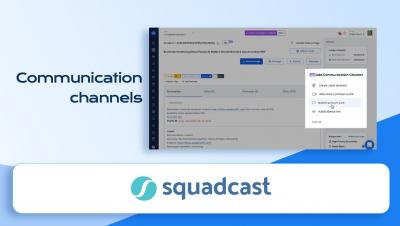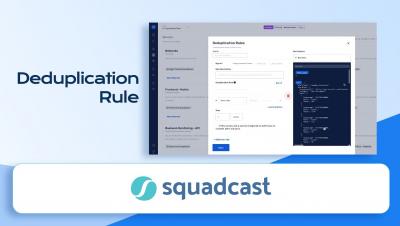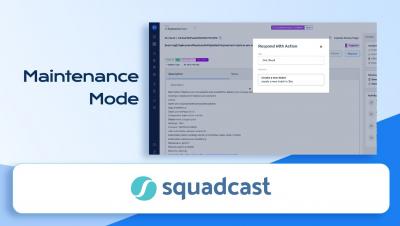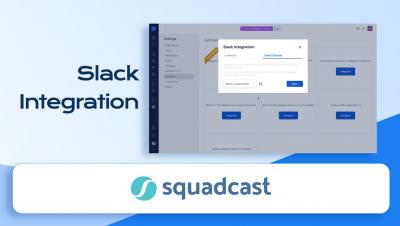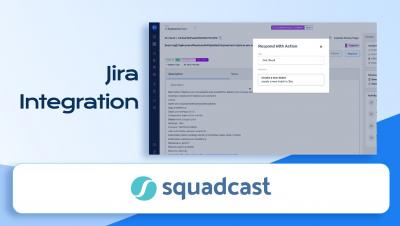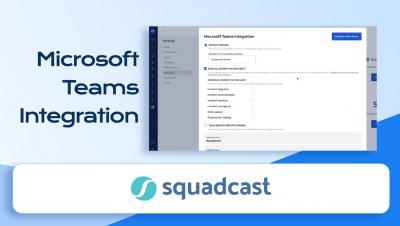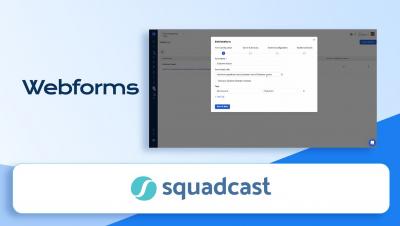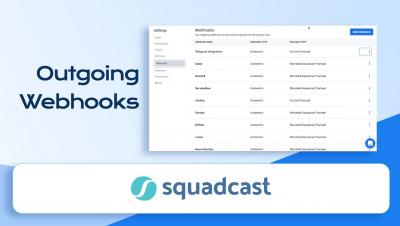Strategies for Kubernetes Cluster Administrators: Understanding Pod Scheduling
Kubernetes has revolutionized container orchestration, allowing developers to deploy and manage applications at scale. However, as the complexity of a Kubernetes cluster grows, managing resources such as CPU and memory becomes more challenging. Efficient pod scheduling is critical to ensure optimal resource utilization and enable a stable and responsive environment for applications to run in.


